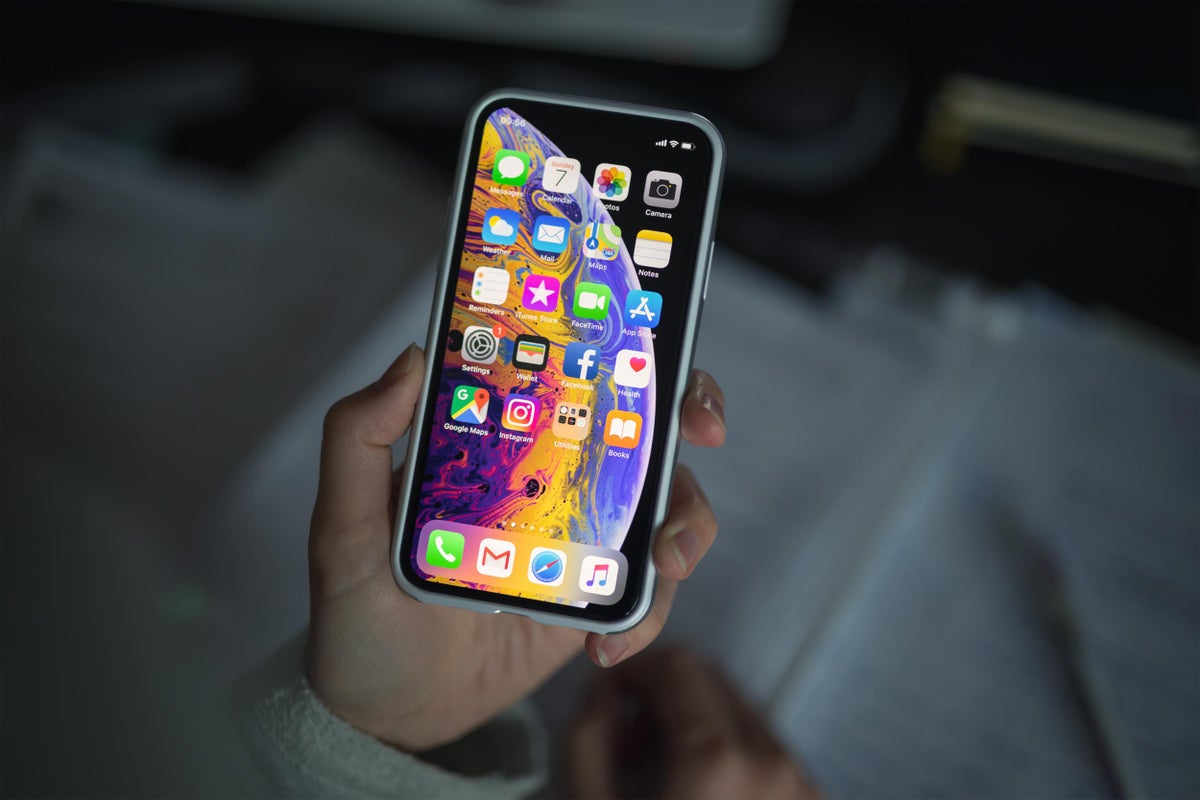
New NHS measures could put domestic abuse victims in England at risk by allowing perpetrators to access their medical records, campaigners have warned.
The British Medical Association and just over 20 organisations urged victims of stalking and abuse as well as other vulnerable individuals to contact their GP to ensure their medical records are not automatically transferred to the NHS app.
GP practices across England have been ordered to transfer patients’ medical records to the NHS app and other online portals since the beginning of April this year, with all surgeries contractually forced to have delivered the new system to patients by the end of October.
Refuge and Women’s Aid, two leading domestic abuse organisations, as well as End Violence Against Women Coalition are among the organisations who have raised concerns the new measures will place domestic abuse and stalking victims at risk.
Campaigners warn abusers could wield medical records to ramp up abuse as perpetrators routinely “weaponise” information against their victims - with experts noting perpetrators may force victims to disclose their medical records or access this information by an alternative route.
The coalition of organisations urged survivors to get in touch with their GP directly or the receptionist at their practice to ask for online medical record sharing to be turned off.
Dr Katie Bramall-Stainer, chair of the British Medical Association GP Committee for England, said being able to read a GP record on your smartphone “will be a welcome development” for most patients but this is not the case for everyone.
She added: “For a significant number of patients, especially those members of our society who are most vulnerable - women, children and those lacking capacity - the forced implementation of this process is a cause for concern for us as GPs.
“For almost two years we have been engaged with the Department of Health and NHS England in highlighting GP’s anxieties.
“I worry for patients we frequently see, a parent whose abusive spouse may use sensitive clinical information to undermine legal cases of custody of dependents in the family courts, patients requesting covert contraception forbidden in their home or relationship, or those disclosing abuse from others who may have access to their smartphone.”
Dr Bramall-Stainer urged “any such patient” to either inform their GP practice staff or simply not install the NHS app on their phone “until we have reached safe and practical agreements over where and how we can protect the most vulnerable and disenfranchised members of our society, with government and NHS leaders.”
Ellen Miller, interim chief executive of Refuge, a prominent organisation The Independent is partnered with, argued it is “really disappointing and saddening” the government and NHS England have failed to properly tackle the dangers to victims the new mechanism poses.
“These changes will allow perpetrators to gain access to survivors' personal health records, including details on medications, sexual, reproductive, and mental health records, and disclosures of domestic abuse,” she added.
“The lack of publicity around these changes means that some survivors records may already be available in the NHS app, and they do not even know it. It is essential that these changes are publicised widely, so that survivors know to take the necessary precautions to improve their safety and privacy.”
She called for all GP surgeries to look at patient lists and “exempt” all patients deemed to be vulnerable or whom they have “safeguarding concerns about”.
Ms Miller added: ”We are deeply concerned that the safety of survivors have been largely ignored while these changes have been implemented.”
A spokesperson for NHS England said they have worked alongside domestic abuse organisations during the last 18 months to “develop guidance for GP practices” on how to approach relevant cases - noting patients can opt out of the new measures.
The representative said the NHS “takes patient safety seriously”, explaining an “expert safeguarding group has also been established, comprising National Safeguarding Network, IRISi and Women’s Aid among others, to monitor implementation and ensure any concerns are acted on.”
Anyone who requires help or support can contact the National Domestic Abuse Helpline which is open 24/7 365 days per year on 0808 2000 247 or via their website https://www.nationaldahelpline.org.uk/







